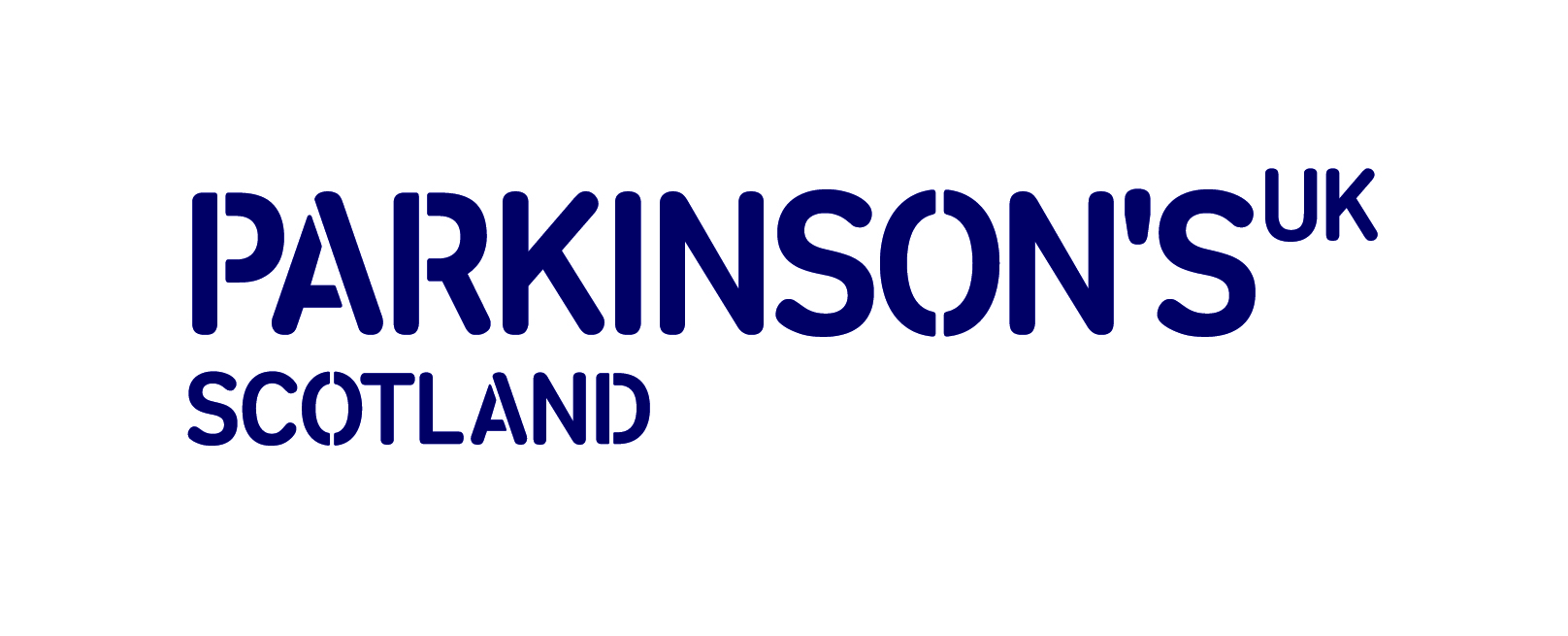Associate Feature: Parkinson's — Why Scotland must act on the world’s fastest growing neurological condition
Parkinson’s can change lives in an instant. Let’s meet Anne. She discovered that she had Parkinson’s in a mobile phone call while she waited to collect her seven-year-old daughter from the school bus. A life-changing diagnosis delivered with all the care of a rescheduled parcel delivery.
Parkinson’s is the fastest growing neurological condition in the world. In a typical Scottish Parliament constituency, about 170 people have Parkinson’s, and 21 will be newly diagnosed each year.
Across Scotland, about 12,400 people have Parkinson’s.
Many associate Parkinson’s with a tremor. But it’s much more than that. With over 40 recognised symptoms, every individual with Parkinson’s is affected differently. And about 1 in 3 people do not have a tremor at all.
Losing dopamine producing cells in your brain - which is what Parkinson’s essentially is - can cause problems with every aspect of daily life. Parkinson’s impacts mood and motivation, your ability to speak, swallow, sleep and smile. From balance to bladder control, posture and pain, Parkinson’s is a full-body experience. And minds are affected too - anxiety, depression and dementia are common.
Medical treatment is complicated, with multiple medicines individually tailored to each person. Prescribers must review medication regularly to manage evolving symptoms while minimising troublesome side effects.
Troublesome can be an understatement. We might be talking about hallucinations or uncontrolled movements. For some, Parkinson’s medication can trigger out-of-character compulsive behaviours - hypersexuality, shopping, gambling. Unaddressed, these can wreck relationships or leave people destitute.
It is not surprising that people with Parkinson’s need specialist NHS care, led by a consultant and a specialist nurse alongside a multi-disciplinary team. Physios, speech and language therapists, occupational therapists and dedicated mental health professionals are all needed to help people live as well as they can with Parkinson’s. Because whilst there are ways to reduce the impact of symptoms, there is no cure.
Independent research shows that people with Parkinson’s have deteriorated during the pandemic and that unpaid carers have struggled under the strain of increased support needs and reduced services.
For the Parkinson’s community, it is absolutely essential that NHS Scotland recovers as quickly as possible, and restores the services people need. We’re hearing about alarming waits to see consultants, overstretched Parkinson’s nurses and an absence of allied health professional support. We’re a long way from realising a Right to Rehab for people with Parkinson’s.
People with Parkinson’s also remain at risk of uncontrolled symptoms if their essential medication is not administered on time when they’re in hospital. There are around 100,000 missed and late doses of Parkinson’s medication in Scottish hospitals each year. All causing preventable harm, from which some people never recover.
The new National Care Service will have much to do to fill the gaps in social care for individuals with Parkinson’s and their families. We believe that the Scottish Government’s planned Mental Health Strategy must provide people with so-called physical health conditions like Parkinson’s with direct access to support for hallucinations, delusions, anxiety and depression.
The new Dementia Strategy presents a much-needed opportunity to meet the complex needs of the 1 in 3 people with Parkinson’s who have Parkinson’s-related dementia
Parkinson’s is denying thousands of people across Scotland the life they want to lead. We must not stop thinking about people like Anne - and making sure that Scotland works for her, and the 12,400 other people living with Parkinson’s across Scotland.
Meet us to find out more: scotland@parkinsons.org.uk
Our Parkinson’s advisers offer free and confidential support, phone 0808 800 0303 or check our website for information parkinsons.org.uk/scotland.
This article was sponsored by Parkinson's UK

Holyrood Newsletters
Holyrood provides comprehensive coverage of Scottish politics, offering award-winning reporting and analysis: Subscribe